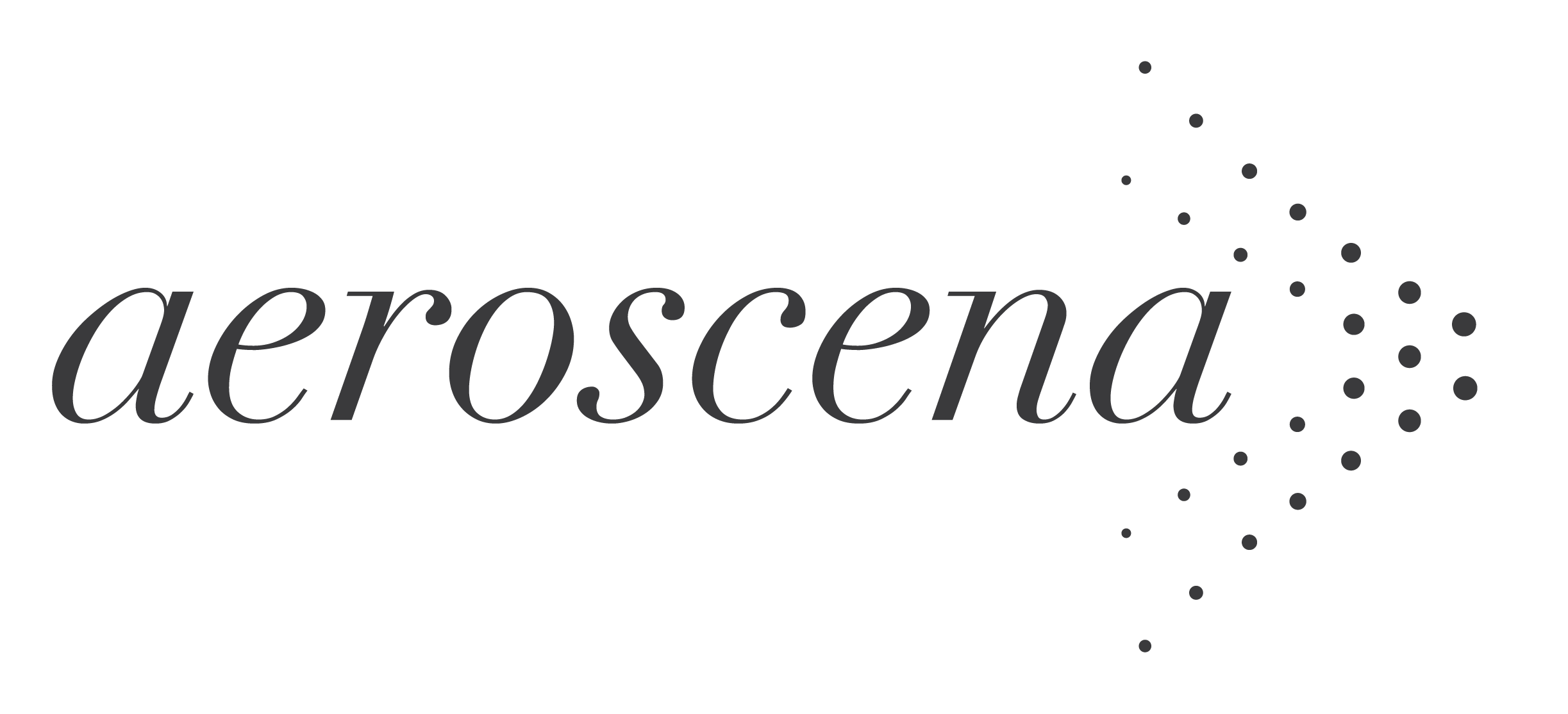Can ambient orange fragrance reduce patient anxiety during surgical removal of impacted mandibular third molars?
J Oral Maxillofac Surg. 2014 Sep;72(9):1671-6. doi: 10.1016/j.joms.2014.03.031. Epub 2014 Apr 12.
Author information: Hasheminia D1, Kalantar Motamedi MR2, Karimi Ahmadabadi F3, Hashemzehi H4, Haghighat A5. 1Assistant Professor, Department of Oral and Maxillofacial Surgery, Torabinejad Dental Research Center, Isfahan University of Medical Sciences School of Dentistry, Isfahan, Iran. 2Dental Student, Dental Students Research Center, Isfahan University of Medical Sciences, School of Dentistry, Isfahan, Iran. 3General Dentist, Private Office, Isfahan, Iran. 4Assistant Professor, Department of Oral and Maxillofacial Surgery, Zahedan University of Medical Sciences, School of Dentistry, Zahedan, Iran. 5Assistant Professor, Department of Oral and Maxillofacial Surgery, Torabinejad Dental Research Center, Isfahan University of Medical Sciences, School of Dentistry, Isfahan, Iran. Electronic address: haghighat@dnt.mui.ac.ir.
PURPOSE: To investigate whether ambient orange fragrance, compared with no fragrance, can reduce patient anxiety before and during surgical removal of an impacted mandibular third molar.
MATERIALS AND METHODS: In the present randomized clinical trial, the patients who required extraction of an impacted mandibular third molar and fulfilled the predetermined criteria were included. A dental anxiety scale (DAS) questionnaire was used to determine the anxiety level of the patients before surgery. Only patients with moderate and high anxiety levels (DAS scale ≥ 9 to ≤ 14) were included. The predictor variable was fragrance exposure. The fragrance group was exposed to orange fragrance, and the control group was exposed to no fragrance. The outcome variables were physiologic measures related to anxiety, including the mean blood pressure, respiratory rate, and pulse rate. The physiologic vital changes were determined before and during the surgical procedure. The data were analyzed using the independent t test, χ(2) test, and Mann-Whitney U test (Statistical Package for Social Sciences, version 16; α = 0.05).
RESULTS: A total of 56 patients fulfilled the inclusion criteria (fragrance group, 19 males and 9 females; no-fragrance group, 12 males and 16 females). Before entering the waiting room, the patients' vital signs were recorded twice. No significant differences were found between the 2 groups. The mean blood pressure, pulse rate, and respiratory rate were significantly lower in the fragrance group during surgery (from sitting in the dental chair to the end of surgery; P < .05).
CONCLUSIONS: The results of our study have shown that orange fragrance is effective in reducing the anxiety related to surgical removal of an impacted mandibular third molar.
Crown Copyright © 2014. Published by Elsevier Inc. All rights reserved.
PMID: 24985959 DOI: 10.1016/j.joms.2014.03.031

